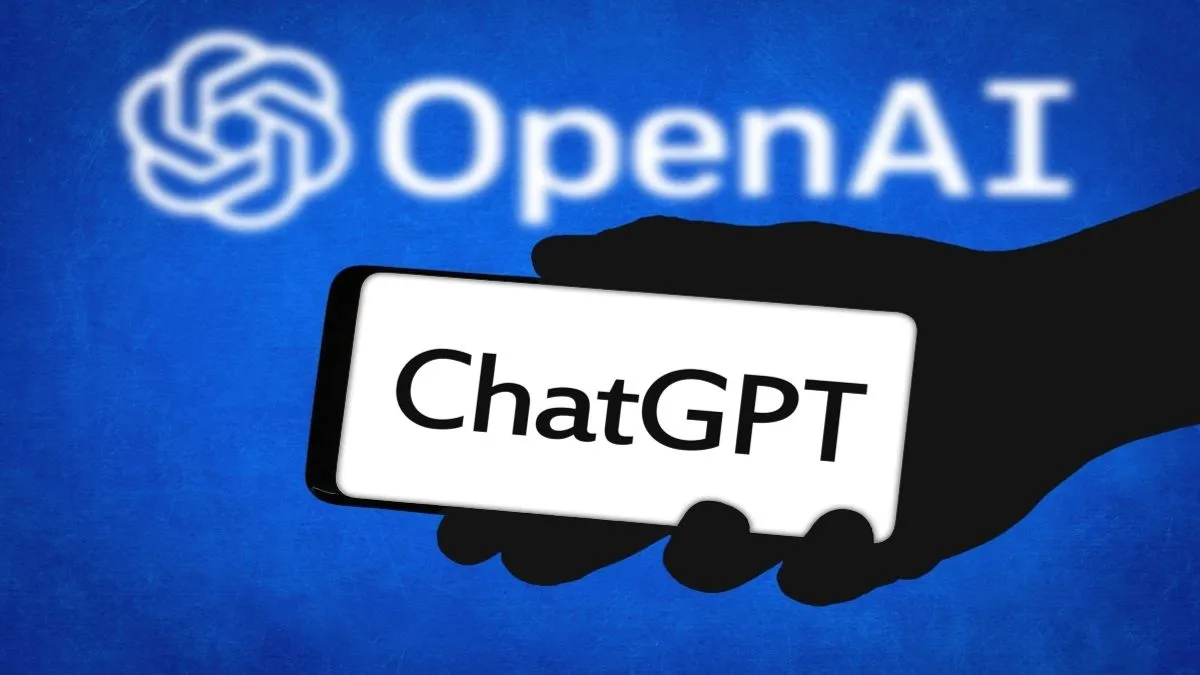As we move deeper into 2025, the landscape of online information retrieval is undergoing a monumental shift. OpenAI’s ChatGPT has recently reported a staggering 2.5 billion daily prompts, marking a significant increase in user interactions with the AI-driven chatbot. This surge not only highlights the growing reliance on AI for information but also poses critical questions about the future of traditional search mechanisms like Google. In this article, we will explore the implications of this rapid growth in ChatGPT usage and how it is redefining search dynamics.

ChatGPT’s impressive performance in generating responses to diverse inquiries is attracting a broad range of users, from casual seekers to professionals. The chatbot’s ability to provide contextually relevant answers in real-time is reshaping how individuals approach information gathering. As traditional search engines grapple with this shift, understanding the underlying factors contributing to ChatGPT’s ascent is essential for both users and industry stakeholders.
The Rise of ChatGPT Usage
With 2.5 billion daily prompts, ChatGPT’s growth trajectory is remarkable. This section will delve into the factors contributing to its increasing adoption and the implications for users and businesses alike.
1. Enhanced User Experience
One of the primary reasons for ChatGPT’s rise is its ability to provide a seamless user experience. Unlike traditional search engines that rely on algorithms to rank and display results, ChatGPT engages users in conversational interactions. This allows for:
- Contextual Understanding: ChatGPT can comprehend follow-up questions and provide answers that consider previous interactions.
- Natural Language Processing: Users can communicate in a more natural, conversational style, making it easier to articulate their needs.
- Instantaneous Responses: The chatbot offers real-time answers, saving users time compared to sifting through multiple search results.
2. Broad Applicability Across Domains
ChatGPT is not limited to any single domain; its versatility makes it applicable across various fields, such as:
- Education: Students use ChatGPT for homework help, explanations of complex concepts, and language learning.
- Business: Professionals leverage the chatbot for market research, data analysis, and customer support.
- Creative Writing: Authors and content creators use ChatGPT for brainstorming ideas and generating written content.
Impact on Traditional Search Engines
The rise of ChatGPT is not just a trend; it represents a fundamental change in how information is accessed and consumed. This section will explore the implications for traditional search engines like Google.
1. Shift in User Behavior
As users become accustomed to the conversational style of ChatGPT, their expectations for information retrieval may change. Users may start to prefer direct answers over a list of links, leading to:
- Reduced Click-Through Rates: Search engines could see a decline in clicks on organic search results as users find quick answers through ChatGPT.
- Increased Demand for AI Integration: Traditional search engines may need to integrate conversational AI features to retain user engagement.
2. Challenges for SEO Professionals
With the shift towards AI-driven interactions, SEO professionals face new challenges. The traditional methods of optimizing content for search engines may need to evolve. Key considerations include:
- Conversational Keywords: Understanding user intent in conversational queries will become increasingly important.
- Content Format: Creating content that can be easily parsed and understood by AI models will be crucial for visibility.
Opportunities for Businesses
The rise of ChatGPT also opens up new avenues for businesses looking to engage customers and streamline operations. Here are some opportunities:
1. Customer Support Automation
Businesses can leverage ChatGPT to enhance customer support systems. By integrating the chatbot into their platforms, companies can:
- Provide 24/7 Support: ChatGPT can handle inquiries outside of regular business hours, improving customer satisfaction.
- Reduce Operational Costs: Automating routine queries can free up human agents to handle more complex issues.
2. Content Creation and Curation
For content-driven businesses, ChatGPT can assist in generating blog posts, social media updates, and marketing materials. This can result in:
- Increased Efficiency: Automated content generation can save time and resources.
- Enhanced Creativity: ChatGPT can provide fresh ideas and perspectives, enriching the content creation process.
Future Trends in Search Dynamics
As ChatGPT continues to gain traction, we can anticipate several trends in search dynamics that will shape the future of information retrieval.
1. AI-Driven Personalization
Future search dynamics will likely see a greater emphasis on personalization. By analyzing user interactions, AI can tailor responses to fit individual preferences and needs.
2. Integration of Multimodal AI
Emerging technologies may lead to the integration of multimodal AI, combining text, voice, and visual inputs. This evolution will enhance user interaction and engagement.
3. Ethical Considerations
As AI usage expands, ethical considerations surrounding data privacy, misinformation, and bias will become increasingly important. Stakeholders will need to prioritize transparency and accountability.
FAQ Section
1. What is ChatGPT?
ChatGPT is an AI language model developed by OpenAI that can engage in natural conversations, answer questions, and provide information on a wide range of topics.
2. How does ChatGPT differ from traditional search engines?
Unlike traditional search engines that return lists of links, ChatGPT provides direct answers and engages users in conversational interactions, offering a more personalized experience.
3. What industries can benefit from ChatGPT?
Industries such as education, business, healthcare, and creative sectors can benefit from ChatGPT’s capabilities in various applications like customer support, content creation, and research assistance.
4. How can businesses integrate ChatGPT into their operations?
Businesses can integrate ChatGPT through APIs, allowing them to enhance customer support, automate responses, and streamline content generation processes.
5. What are the potential challenges of using ChatGPT?
Challenges include ensuring the accuracy of information, addressing ethical concerns related to data privacy, and adapting existing content strategies to align with AI-driven interactions.
Conclusion
The surge of ChatGPT to 2.5 billion daily prompts signifies a transformative moment in the world of information retrieval. As users increasingly turn to AI-driven chatbots for their inquiries, traditional search engines must adapt to the evolving landscape. Businesses stand to benefit from the integration of ChatGPT into their operations, while SEO professionals must rethink their strategies to align with this shift. The future of search dynamics is not just about information retrieval but also about creating meaningful and personalized experiences for users. Embracing these changes will be essential for stakeholders across various sectors to remain competitive in an AI-driven world.
📰 Original Source
Este artigo foi baseado em informações de: https://tecnoblog.net/noticias/chatgpt-mais-que-dobra-numero-de-prompts-por-dia-25-bilhoes/



